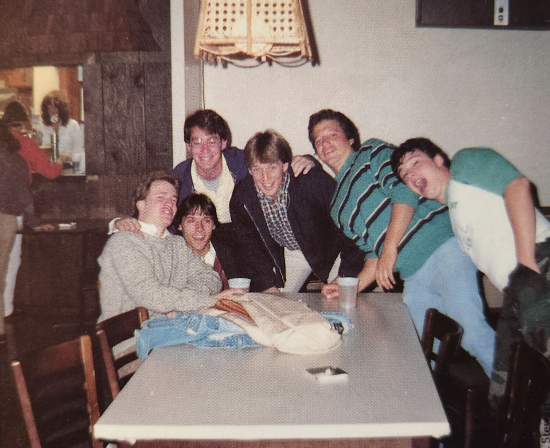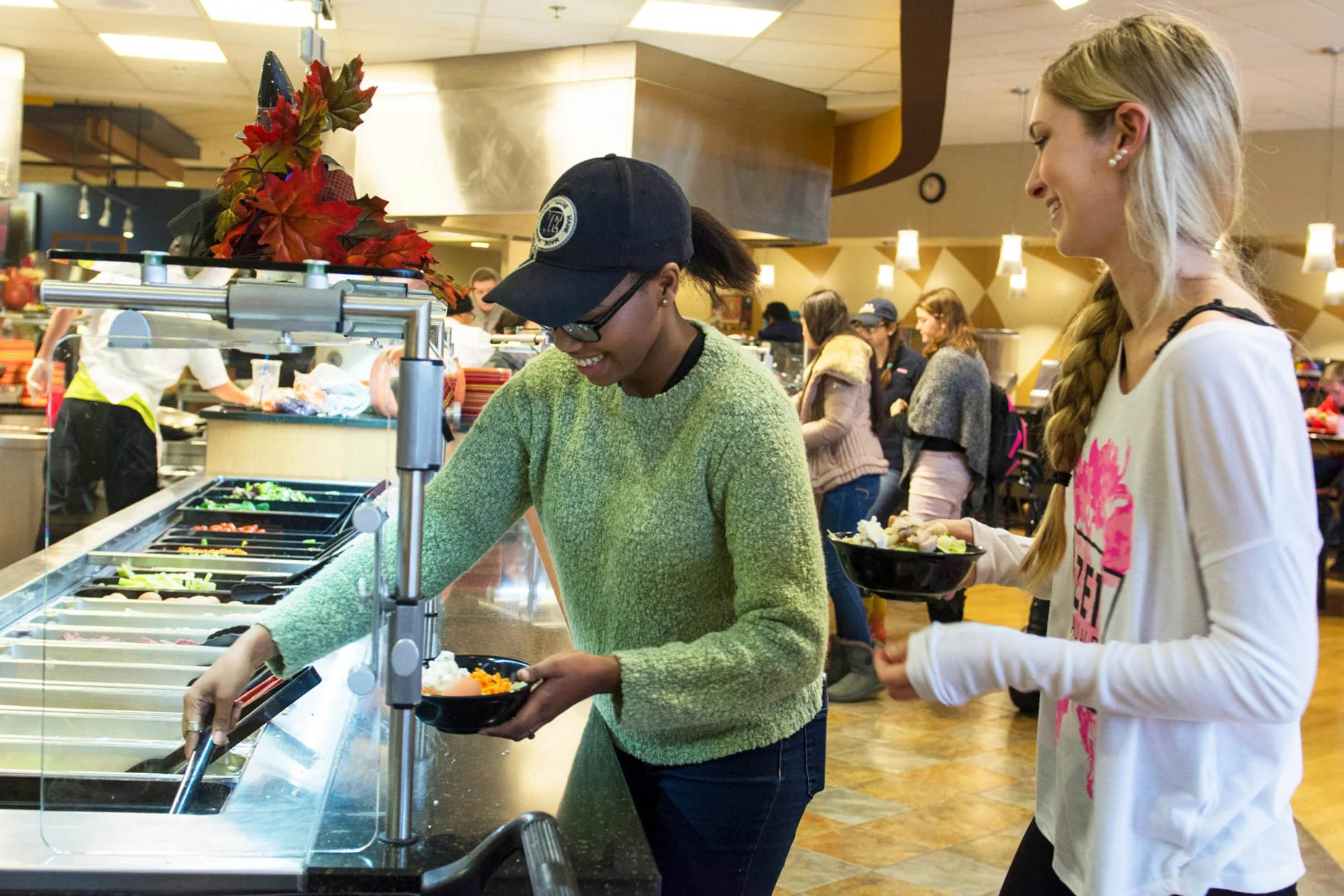The Honors College at the University of Rhode Island finished their fall colloquium on Nov. 12, a series that aimed to broaden community perspectives on threats to democracy in the United States and across the globe.
Since Sept. 17, the colloquium has held eight lectures in Edwards Hall. URI political science professors Marc Hutchison and Ashlea Rundlett set up the series with the help of Elizabeth Mendenhall, a professor of marine affairs, and Brian Krueger, a professor of political science.
The speakers included professors and professionals with a variety of expertise in the decline of democracy, including race and military involvement, according to the honors colloquium website . Speakers were reminded to offer the information in layman’s terms in order to better connect with the audience, according to Krueger.
“Democratic backsliding has been seen in countries in Latin America… even in Europe,” Rundlett said. “We wanted to discuss what some of the causes and consequences are of this global phenomenon.”
The colloquium began with Zack Beauchamp, a senior news correspondent at Vox, who discussed the challenges democracy faces and populism, according to Mendenhall. This set up the foundation for the colloquium.
“Democracy is a moral enterprise,” Beauchamp said. “One that troubles deeply held beliefs around the world about power and who can properly wield it.”
The second speaker of the series was Daniel Ziblatt, a p rofessor of government at Harvard University, who gave a lecture titled “Tyranny of the Minority and How to Repair Our Democracy.”
Ziblatt discussed the issues within the electoral college and how the minor representing group has been given more power to control outcomes than originally intended, according to Rundlett. This imbalance can be exemplified by the 2016 election, when presidential candidate Hillary Clinton won the popular vote but lost the electoral college, resulting in former President Donald Trump to win the office.
Democracy is built on the notion that people can decide what is right for them if given the proper information, according to Krueger. The process of democratic backsliding, the centerpiece of the colloquium, refers to the degradation of this core principle. The decline began after the Great Recession.
Colloquium speaker Naomi Oreskes, a Harvard University professor of earth and planetary sciences, discussed the impacts of d eliberate misinformation and the belief that it disrupts the foundations of society, according to Krueger. The use of misleading information is the host for control and does not allow the public to be well informed.
“People don’t trust experts the way that they used to, in part because of popular political ideology,” Mendenhall said.
The series offered information from educators to students outside of the political science major, according to Krueger. The colloquium was an opportunity for the URI community to enhance political perspectives and learn how to make informed decisions.
“One thing I really appreciated about [the colloquium] is that it helped me think more expansively about what democracy is,” Mendenhall said.
The colloquium concluded with Christian Davenport, author and professor of political science at the University of Michigan. Davenport discussed repression, the violation of human rights, according to Rundlett. He explained the parts of democracy, including political, economic and personal aspects while also providing the ways that democracy has fallen short of its own values.
“We care about democracy because we tend to have the best outcomes on a number of things we care about, like human rights,” Krueger said. “Democracy is caring for the sick and for the poor.”
By engaging with the community, the colloquium covered the perspectives, causes and effects of declining democracy, which informed students about how to make the best decisions for themselves, according to Krueger.




